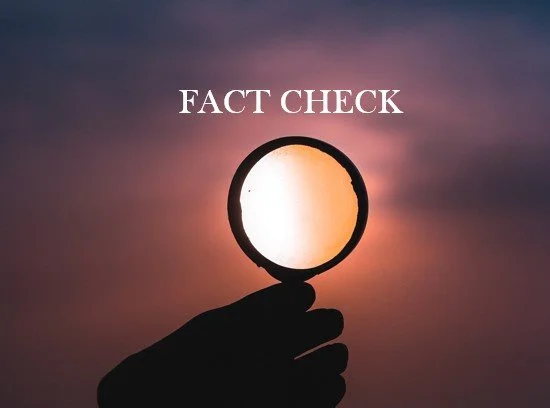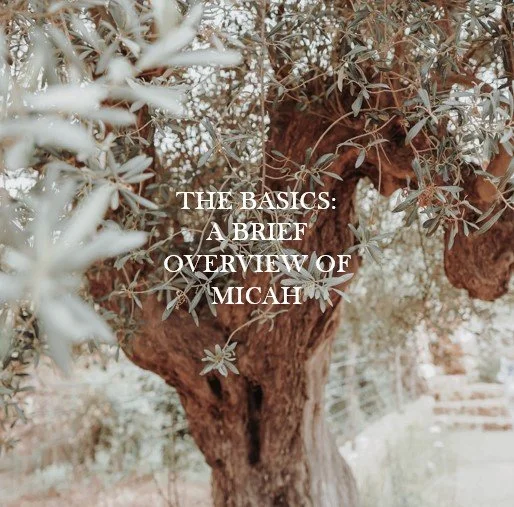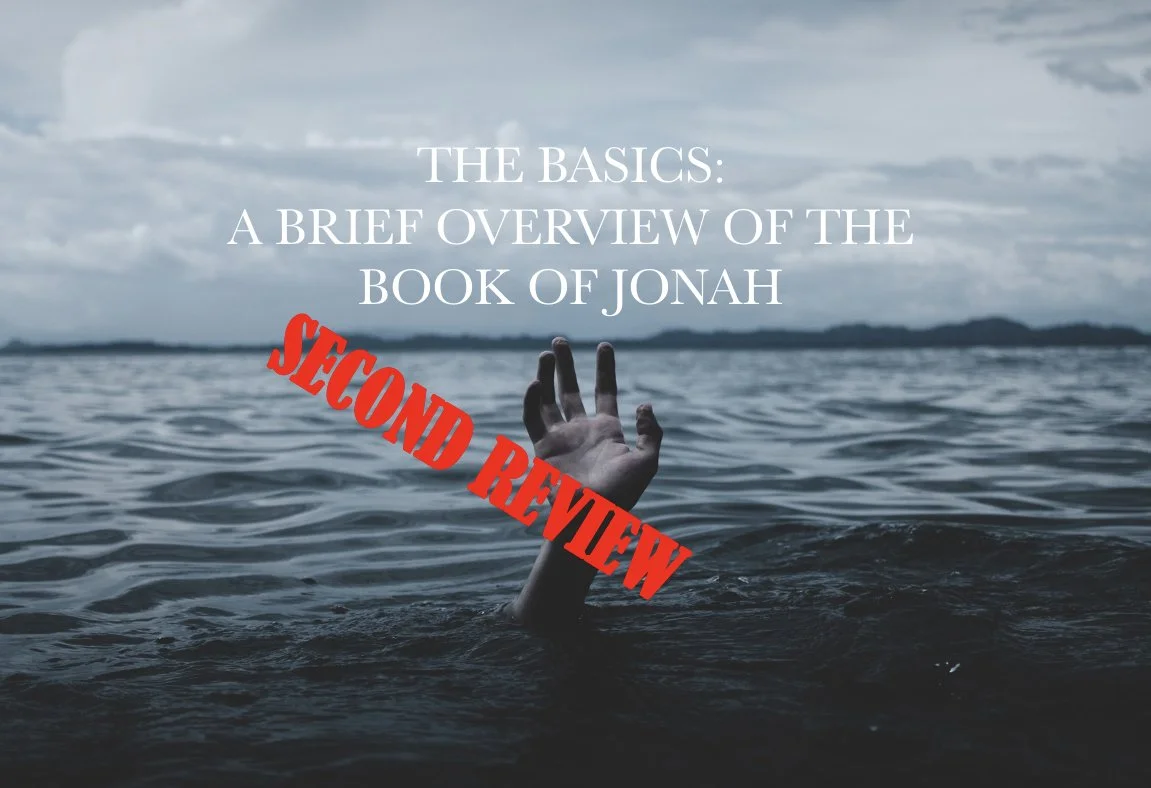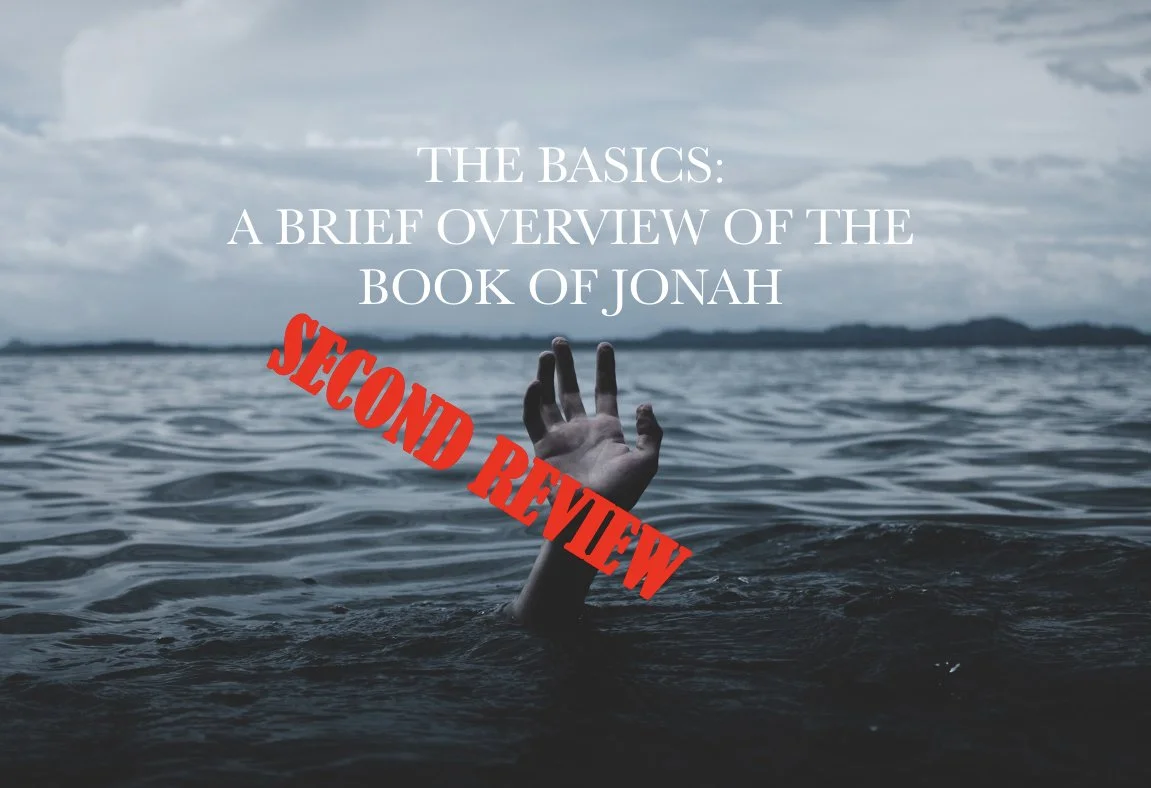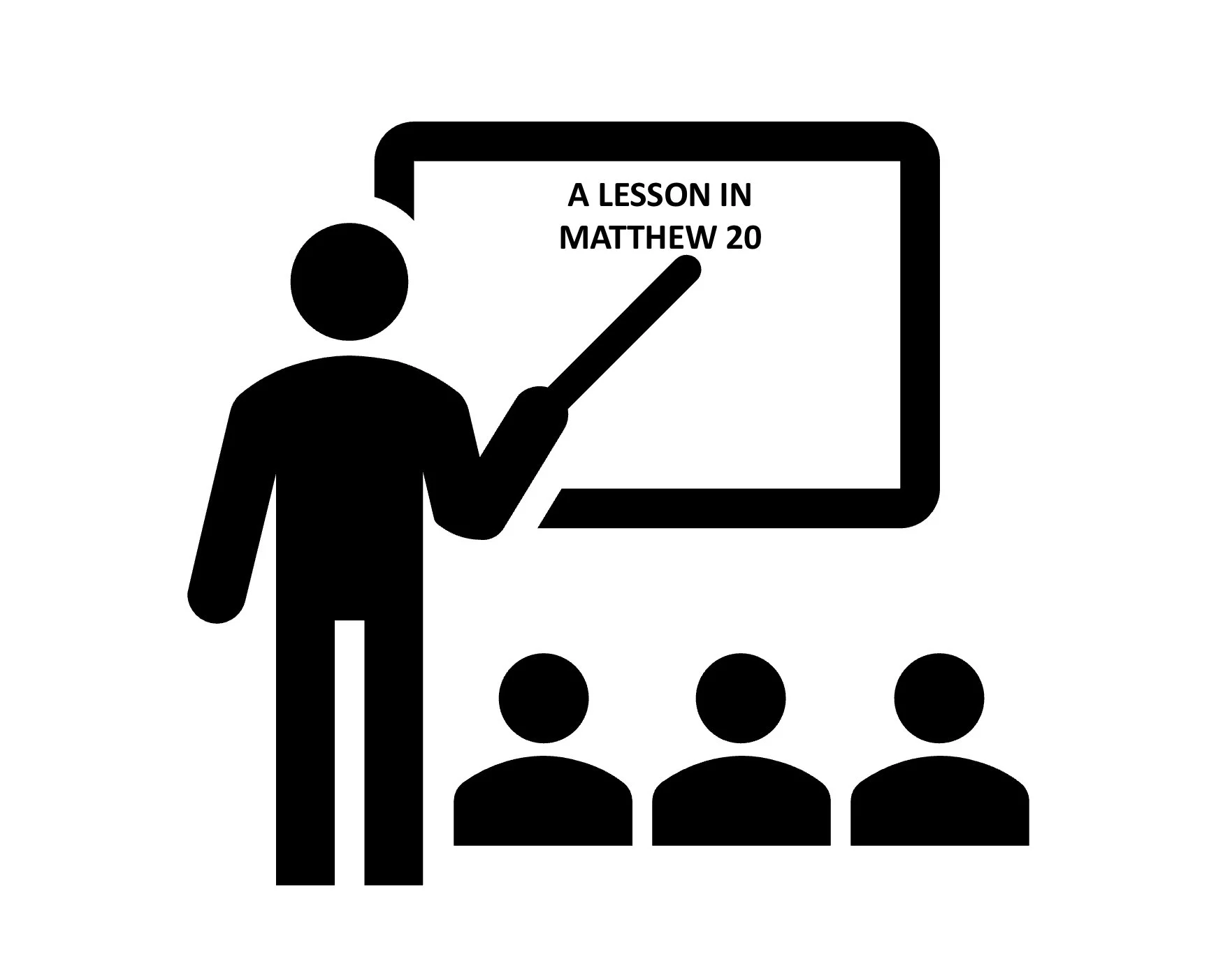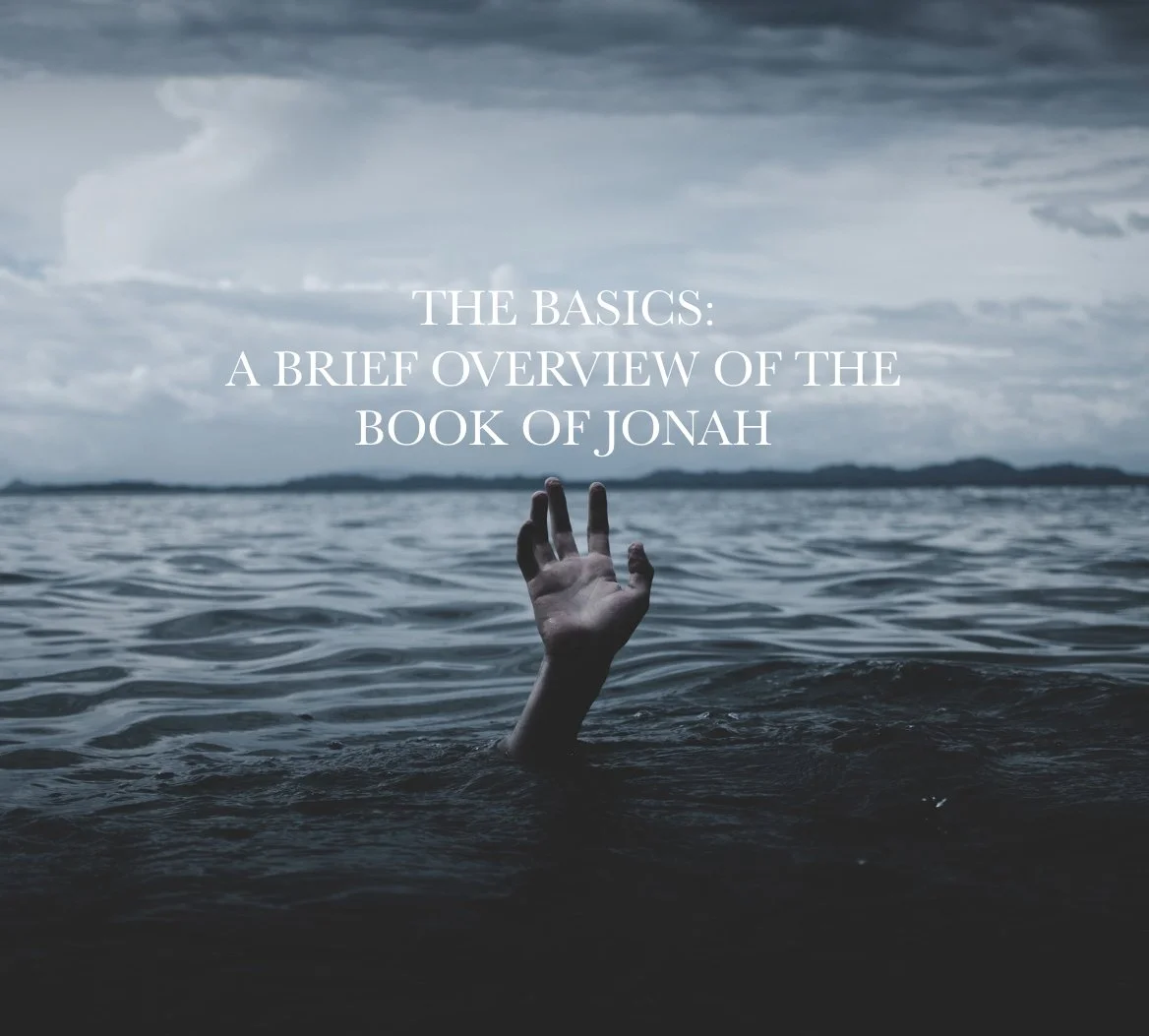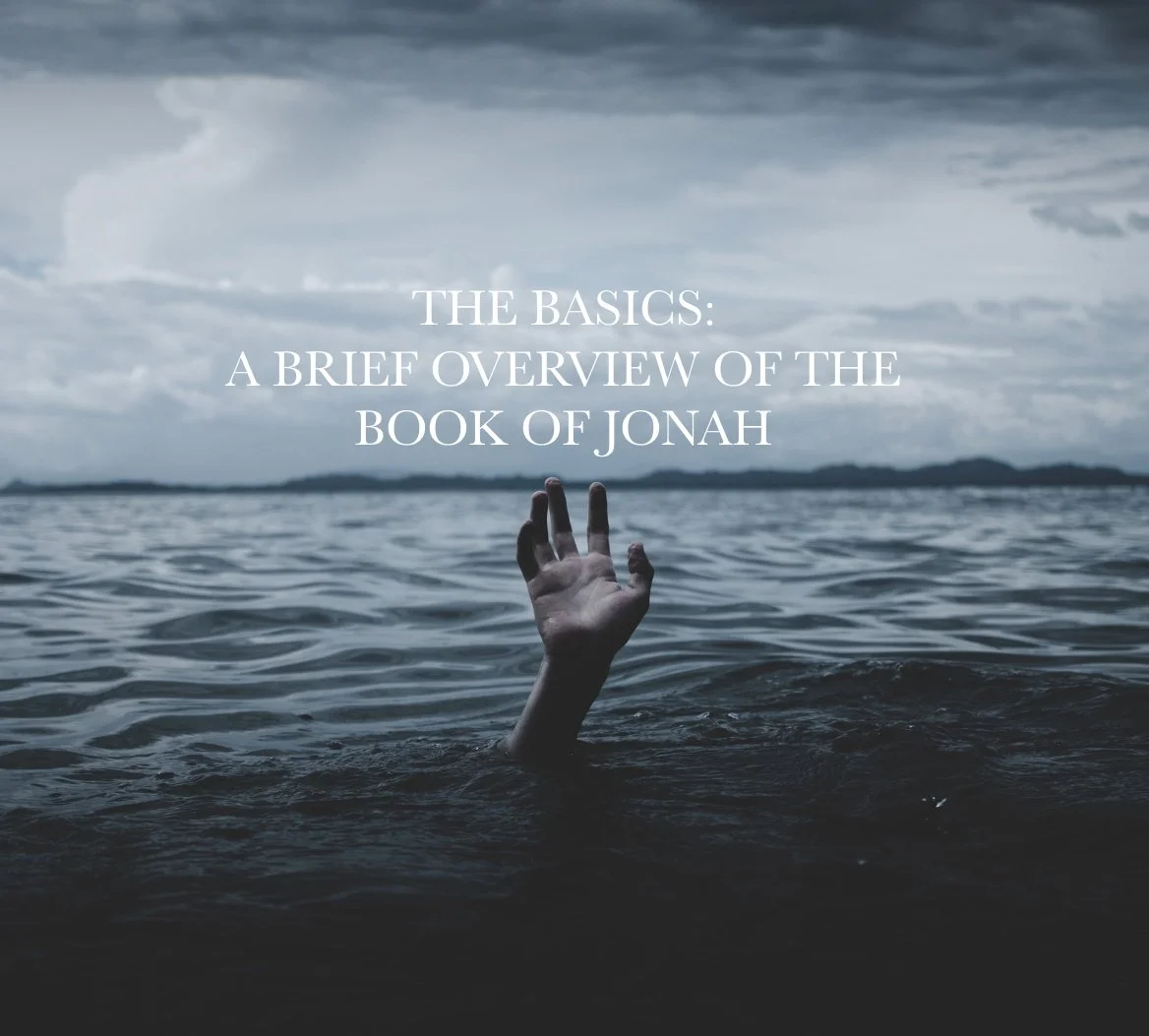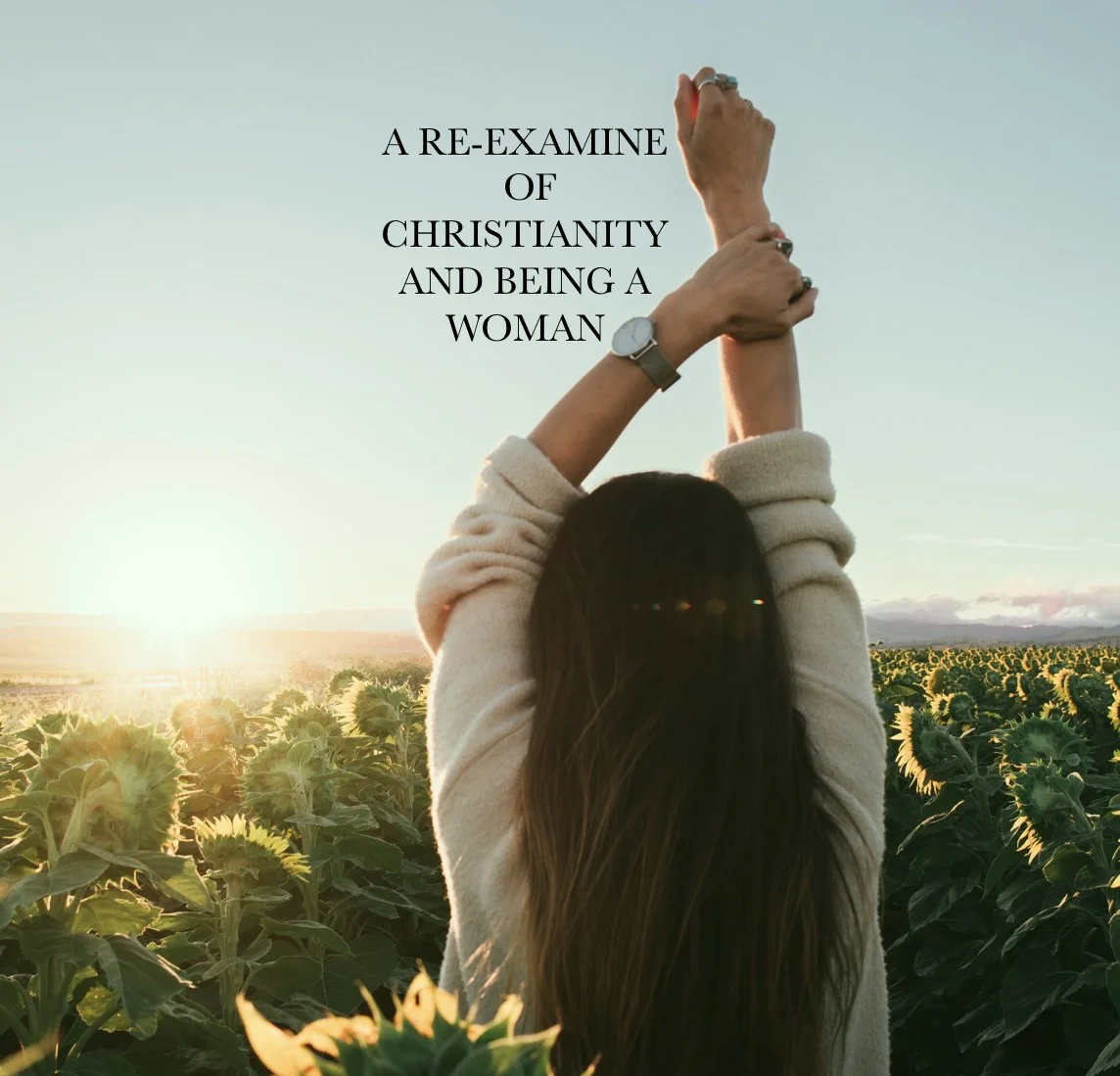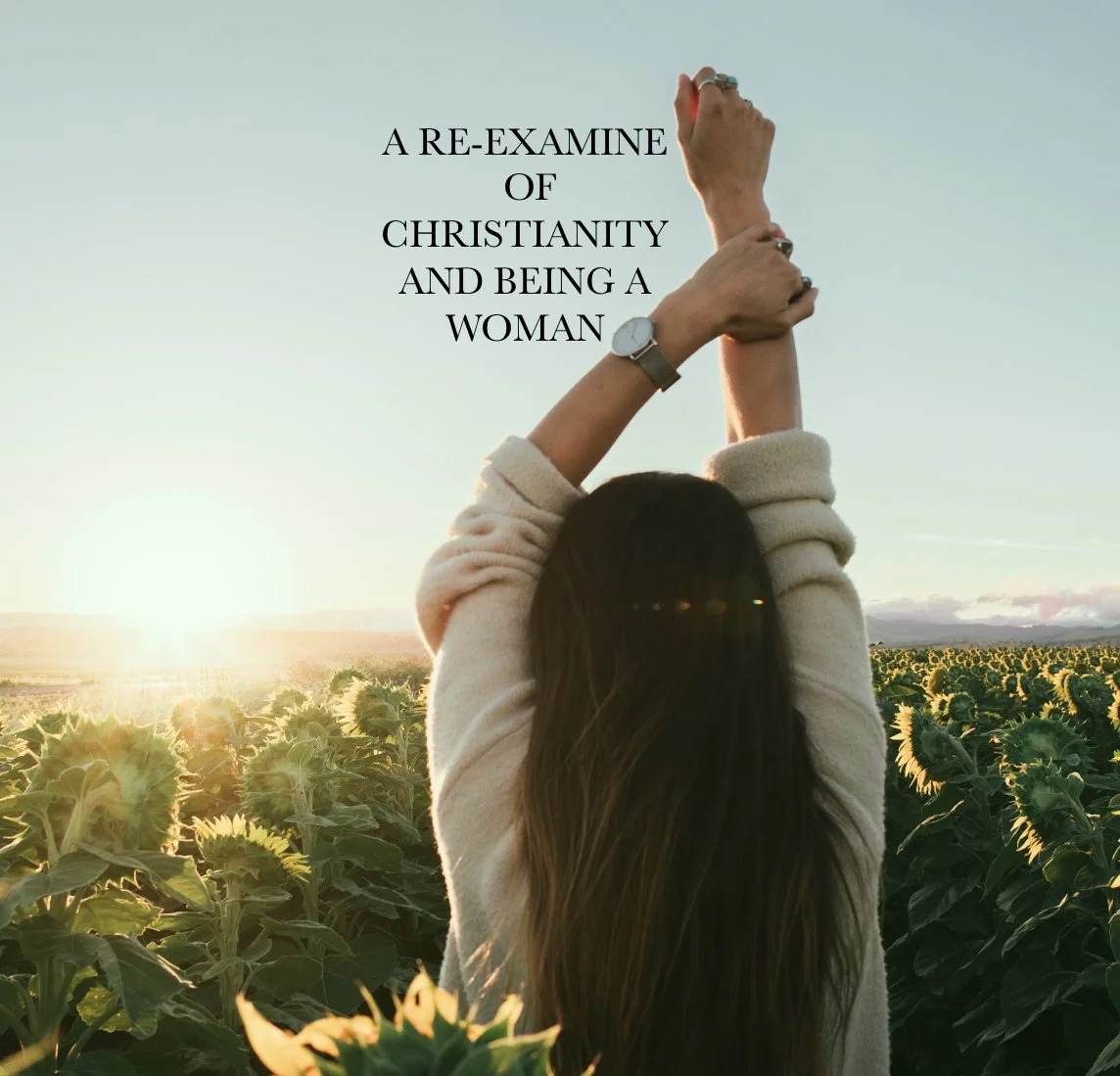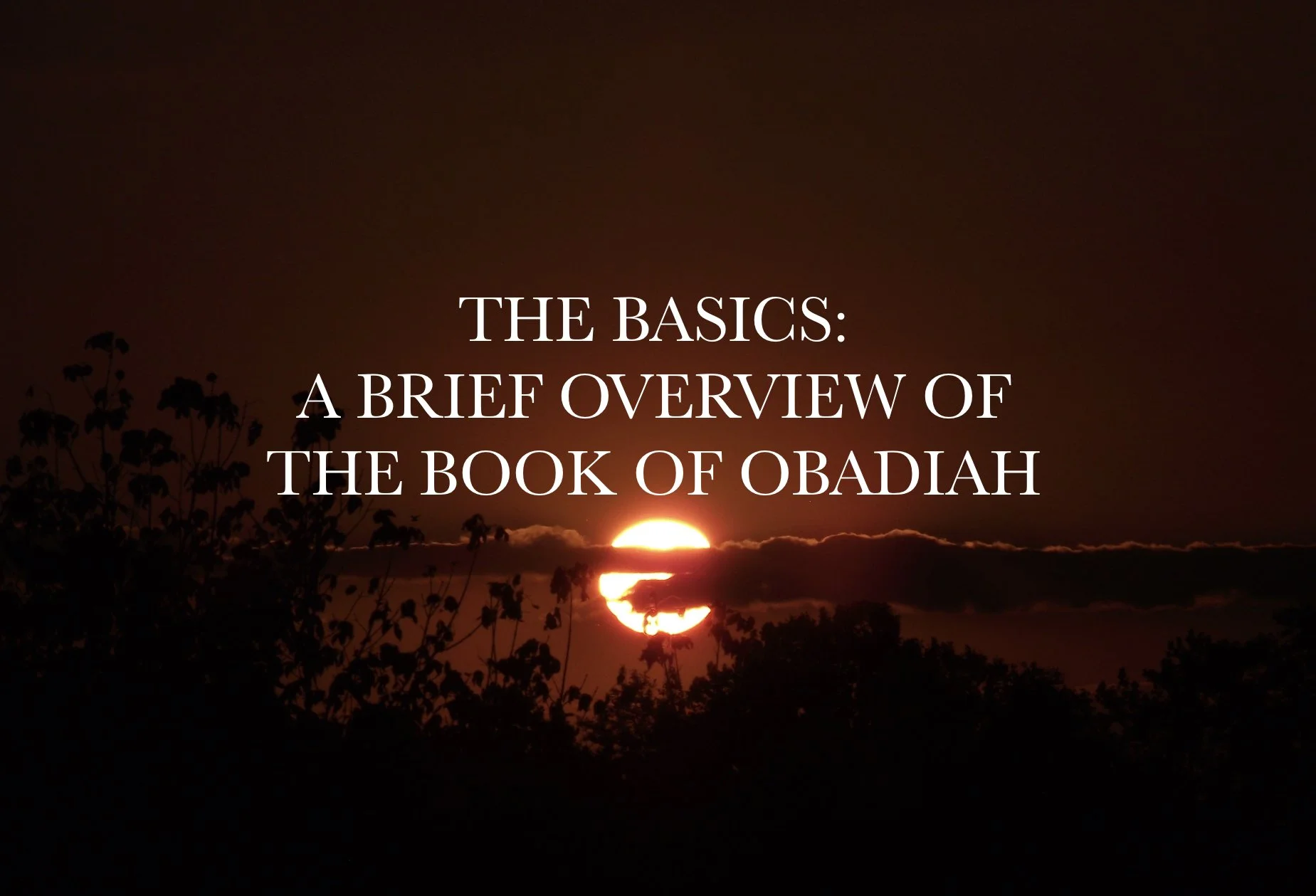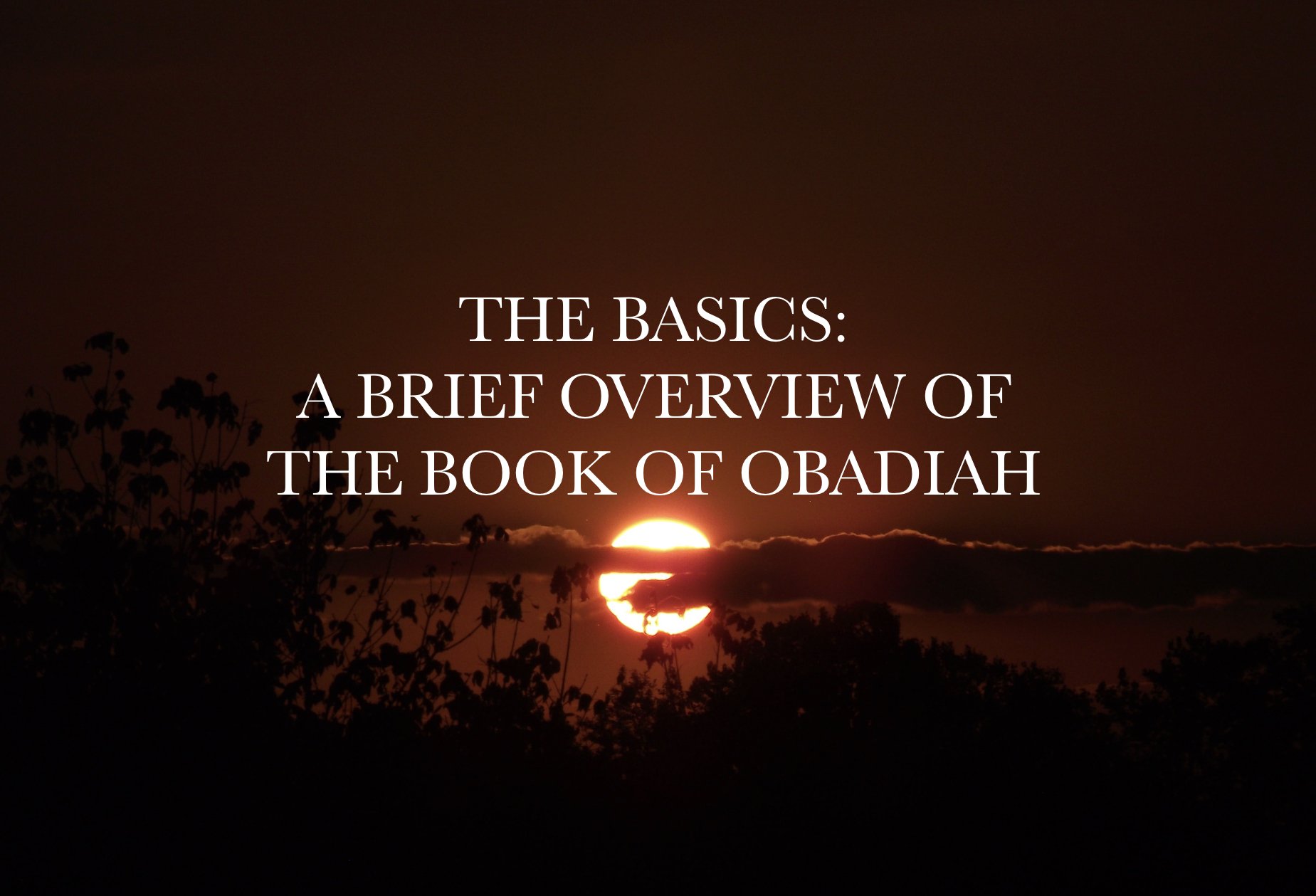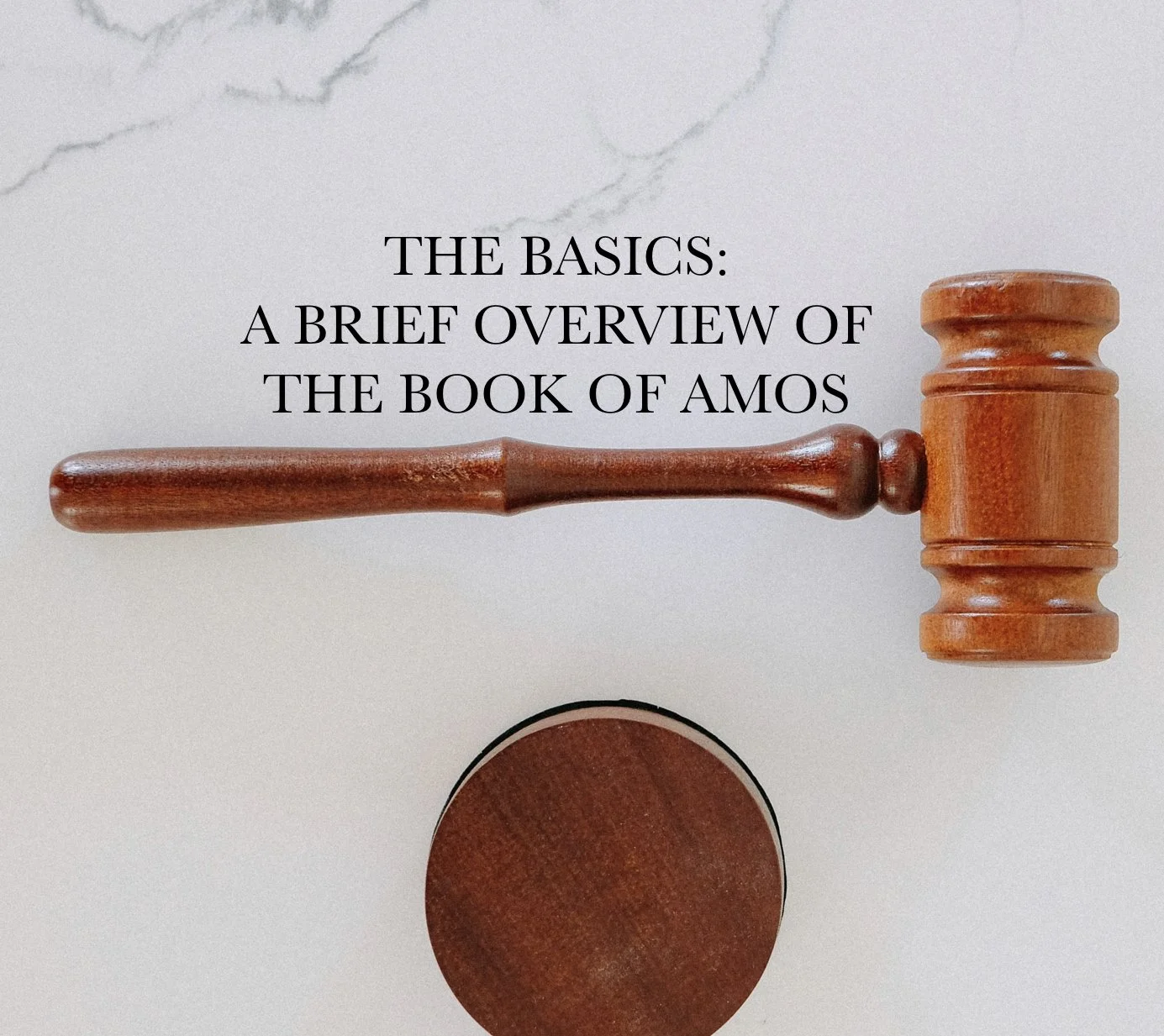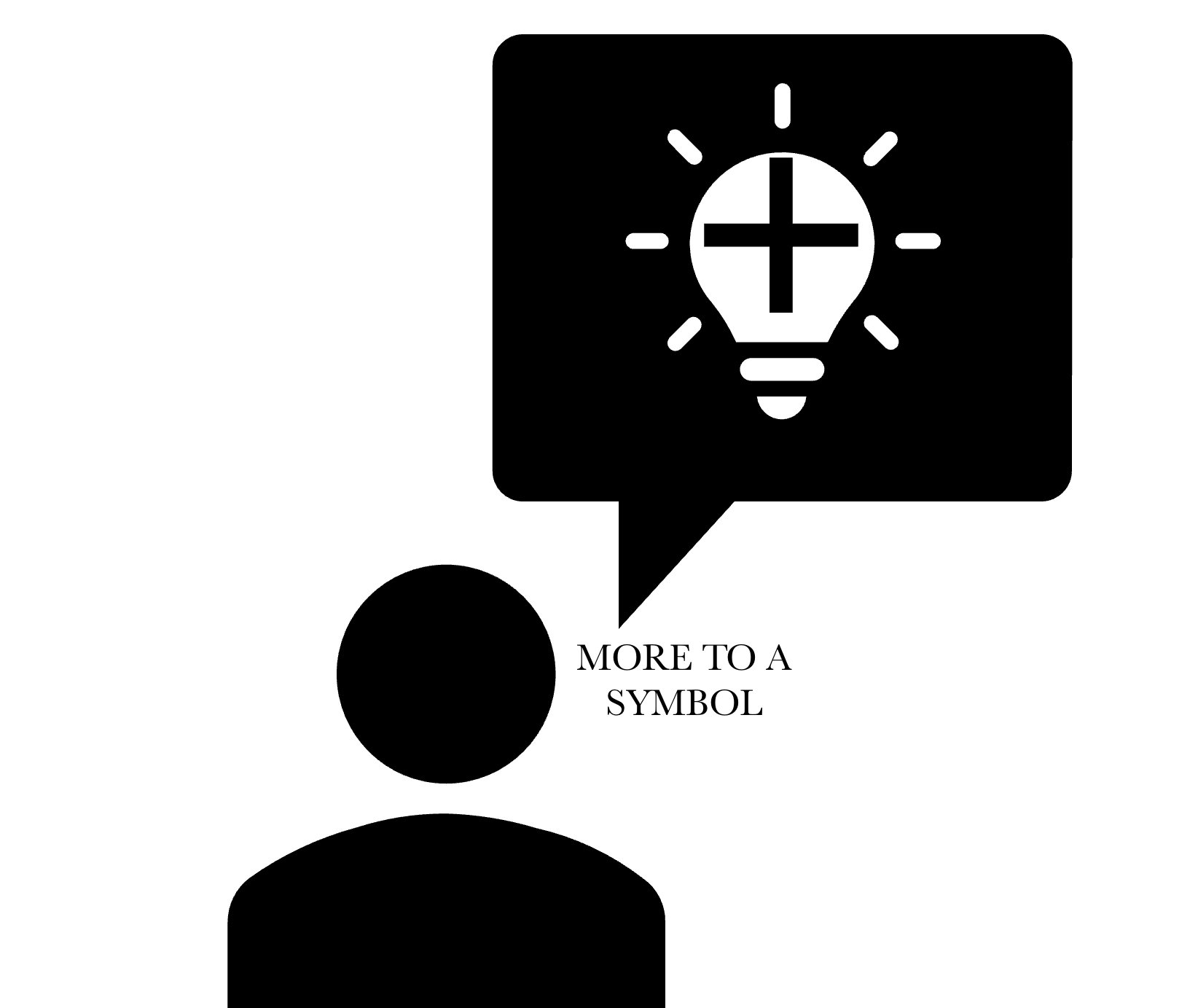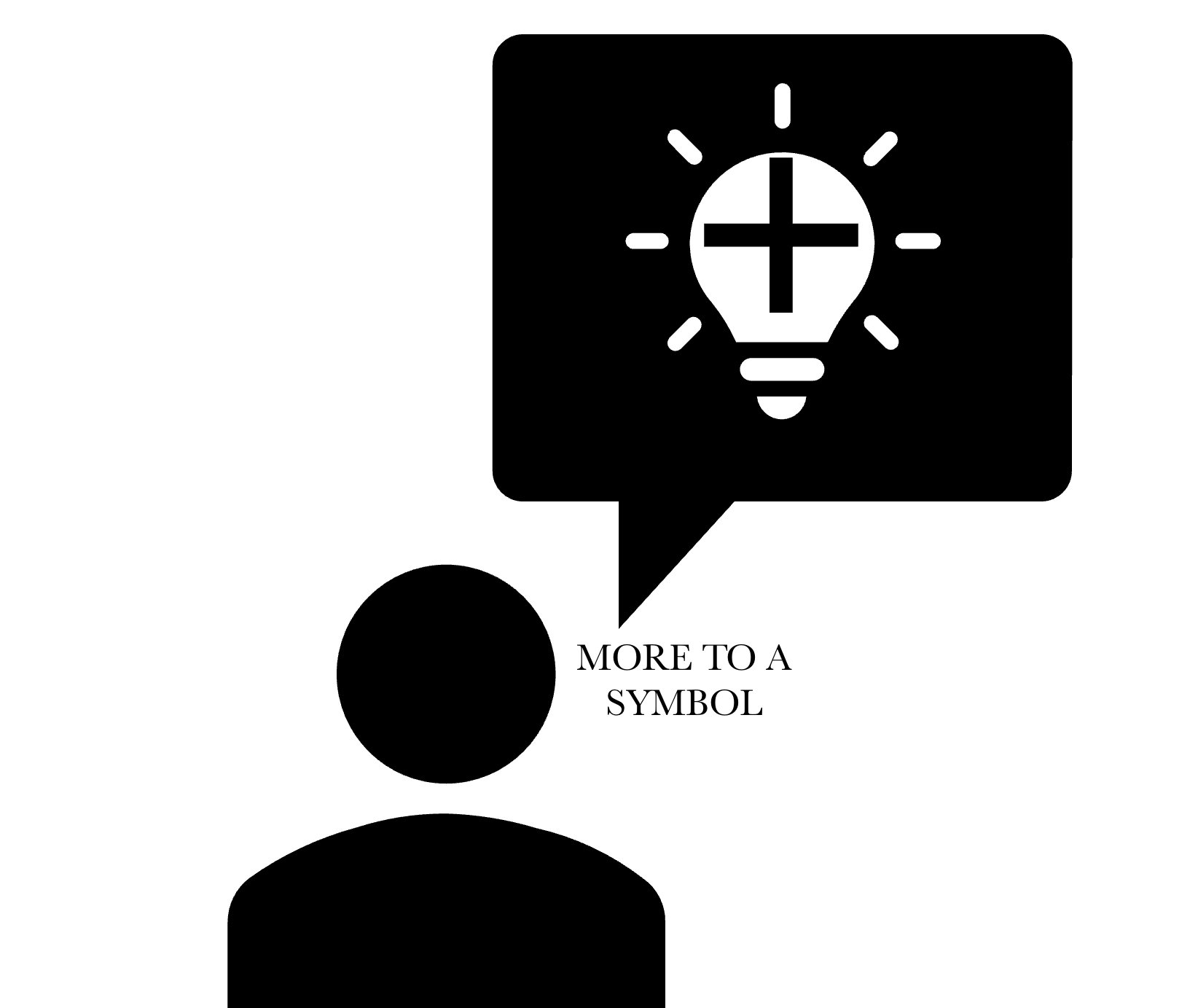Fact Check
We are discussing a common misconception regarding salvation.
In all honestly, when I write these posts, there are times that I don’t know what I am writing about until I actually sit down to write. I write what I feel that God is calling me to write, but there are times that until I put my hands on the keyboard, I have no clue what that is going to be. Because of this, I sometimes don’t see a theme in what I am writing until later. This is one of those times. In the last couple of weeks, I have discussed a couple of common misconceptions regarding Christianity. The first is that women are not to be working; Proverbs 31 and Luke 8:1-3 disprove this. The second was that we need to fix ourselves before we can come to God; this is disproven in John 4:1-6. And now, in my readings of proverbs, I have found another verse that gives evidence to disprove another common misconception.
“The Lord redeems the life of his servants;
none of those who take refuge in him will be condemned.”
Psalm 34:22
If you haven’t guessed which misconception I am talking about, let me shine some light on it. Many would try to convince believers that we can lose our salvation. Unfortunately, some have fallen for this trick. First, I want to inform you that this is not the case; if we could lose our salvation, it would place the act of salvation on us and not on the redeeming act of the cross that Jesus Christ died for us.
What I like about this verse in Psalm 34 is that it gives evidence that we cannot be removed from Jesus Christ once we place our faith in Him and salvation through Him alone. When we take refuge, meaning place our faith in Him who is greater than this world and all its temptations, we can no longer be condemned. It is through the actions of our Lord and Savior that we are redeemed. This quick verse, often overlooked in a much larger psalm, gives evidence to the New Testament verse, “28 I give them eternal life, and they shall never perish; no one will snatch them out of my hand. 29 My Father, who has given them to me, is greater than all; no one can snatch them out of my Father’s hand. 30 I and the Father are one.”” John 10:28-30.
This goes to show that not only can we not lose our salvation, but it also shows that what is stated in the New Testament can be found in the Old Testament. We, as believers, need to be reading both the Old and the New. When we do this, we will find evidence to disprove many misconceptions that can either cause someone to stumble or make someone not wish to look more into Christianity. By finding evidence in both the Old and the New Testament, we create a stronger case for our faith; this helps encourage believers and plant the seed for someone who is hearing God’s call to them.
Seek the truth and encourage one another,
Alex
The Basics: A Brief Overview of the Book of Micah
A hidden treasure of the Old Testament that connects to so much of the New Testament!
The Basics course is designed to help brothers and sisters in Christ, who have a desire for a brief study over each of the books of the Bible. While being more than just a timeline, it is designed to give a person a more realistic overview of the entire Bible. As well as pointing out different highlights along the way. Imagine riding in a car and seeing exit signs for a town. Each sign gives a brief glimpse of what is inside, while if you wanted to thoroughly investigate the town you would have to take the exit. This series is a collected work of the books of the Bible while continuing to drive past each of the exits. I would encourage you to take any exit and allow the Lord God to direct your path to where He would guide.
The Bible is written in 66 different books. Each one is unique on its own but designed to be with its other collected works.
Cautionary Note: This work is not to argue for the authenticity of the Bible nor is it to argue over the mechanics of how God used man to write His Words. This is designed as an overview for someone to review the book in passing. Nevertheless, we here at Mill House Ministries believe that the Bible is without error and was written by God, through His divine attributes, through man.
These overviews are sequenced in the below fashion. Each overview is designed to flow in unison.
1.) Introduction
2.) Who wrote it
3.) When did they write it
4.) Key topics
5.) Key sections
6.) Books that interact with each other
7.) Analysis of the Book
As previously stated, if you find yourself drawn to one of these books, please take the time and see what God is wanting to show you in that book.
BASICS COURSE:
Micah
INTRODUCTION:
The book of Micah is an incredible testimony of God’s actions with His people and the Gentile nations.
WHO WROTE IT:
The book of Micah is named after its author Micah.
WHEN DID THEY WRITE IT:
Based on verse one, we can assess that the book was written around 730-710 B.C. Some have even gone as far as to say the exact year is 722 B.C based on the scenario happening with Israel and Judah during this time.
KEY TOPICS:
The key topic of Micah is judgement on the His people and nations, but also God’s deliverance for mankind through the Jewish people.
KEY SECTIONS:
The book is circular in that the book hit topics in rhythmic patterns. This is done not in a musical way, but more of a Jewish mindset. The author gives a minor prophetic vision that will come true in a short time in order to reveal his authenticity with the larger, more grand, and long-term prophecies which in some cases has seen fruition yet.
BOOKS THAT INTERACT WITH EACH OTHER:
Micah connects to many books of the Bible such as Kings, Chronicles, Psalms, Ezekiel, Matthew, Mark, Luke, John, and Revelation.
ANALYSIS OF THE BOOK:
Micah can be seen as the hidden treasure of the Old Testament. When read in the context of only the Old Testament, the reader might be quick to assume the author is discussing information that is already well known by other more “notable” writers such as Isaiah, Jeremiah, and Ezekiel. However, what many people fail to realize is God uses the book of Micah to connect dots with prophecy that were not previously known. It is here we see God declare where Jesus would be born, it is here we see foreshadowing of the coming Antichrist, it is here we see the reunification of Israel with Jesus at the end of the seven years. Micah is a treasure to those who are willing to take the time and see what an incredible God we actually have.
Hold until relieved, our Blessed Hope is coming,
JL
Re-Post Friday
A look back at a very serious topic.
A review of our discussion on the threat found within the church. Read it HERE!
What He Seeks, He Fixes
Jesus did not come for the put together person, so who did He come for?
There is a common misconception floating around in the world that Jesus only cares for the “righteous” or those who have it all together. This idea would have individuals believing that they need to “get it together” in order to have a relationship with God. Those who would believe this idea have clearly not read through the Bible. Throughout the Old and New Testament it is clear that God seeks out those who are lost and broken. And yes I do mean that He seeks them out. God is active when it comes to wanting people to come to know Him. Perhaps the best verse to describe what I am trying to say here is “3 So he told them this parable: 4 “What man of you, having a hundred sheep, if he has lost one of them, does not leave the ninety-nine in the open country, and go after the one that is lost, until he finds it? 5 And when he has found it, he lays it on his shoulders, rejoicing. 6 And when he comes home, he calls together his friends and his neighbors, saying to them, ‘Rejoice with me, for I have found my sheep that was lost.’ 7 Just so, I tell you, there will be more joy in heaven over one sinner who repents than over ninety-nine righteous persons who need no repentance.” Luke 15:3-7
While this parable is a great way to see that God seeks out and rejoices over the sinners who come to Him, in the book of John we can see that Jesus put this practice into action.
“So then, when the Lord knew that the Pharisees had heard that He was making and baptizing more disciples than John 2 (although Jesus Himself was not baptizing; rather, His disciples were), 3 He left Judea and went away again to Galilee. 4 And He had to pass through Samaria. 5 So He came to a city of Samaria called Sychar, near the parcel of land that Jacob gave to his son Joseph; 6 and Jacob’s well was there. So Jesus, tired from His journey, was just sitting by the well. It was about the sixth hour.”
John 4:1-6
At first glance you would not think that this passage could relate to Jesus seeking out someone who is lost, that is until you noticed two little words. Look at verse four again. The two words that show that Jesus was seeking someone out are “had to”. In actuality, Jesus did not have to pass through Samaria, there were multiple paths to get to Galilee. However, Jesus knew that by choosing the path that would take Him through Samaria, He would find someone who was lost.
“7 A woman of Samaria came to draw water. Jesus said to her, “Give Me a drink.” 8 For His disciples had gone away to the city to buy food.”
John 4:7-8
Here was Jesus sitting alone when a woman comes to the well. On its own this would again not seem that out of place, but to understand the meaning you need to look deeper. In verse six, we saw that Jesus was resting at the well at the sixth hour. According to Jewish customs, this would have been around noon the hottest part of the day. Anyone who has been out working would understand that this would not be an ideal time to do demanding tasks such as drawing water from a well, and yet here comes this sole woman. As we find out later in this chapter, the woman was an adulterous. Biblical scholars have wondered if she came at a time with the least chance of being confronted by other women. Instead of drawing her water and leaving, this woman enters into a conversation with, unknown to her, the Messiah. Jesus takes this time to speak to her about a living water, one that will never cause her to thirst again.
It is at this point we see that while Jesus exposes her sin, He still treats her with mercy and grace “17 The woman answered and said to Him, “I have no husband.” Jesus *said to her, “You have correctly said, ‘I have no husband’; 18 for you have had five husbands, and the one whom you now have is not your husband; this which you have said is true.” 19 The woman *said to Him, “Sir, I perceive that You are a prophet.” John 4:17-19. Through the rest of the chapter we see that the woman states that she knows that one day the Messiah will come, Jesus responds that He is the Messiah. The woman becomes so excited that she abandons her waterpot to run into the city to declare that the Messiah has arrived. “28 So the woman left her waterpot and went into the city, and said to the people, 29 “Come, see a man who told me all the things that I have done; this is not the Christ, is He?” 30 They left the city and were coming to Him.” John 4:28-30.
So what was the result of Jesus going to Samaria? He came across a woman who was by no means a perfect person or someone who had it all together. This woman was rejected because of her sins by the rest of the community. And yet, because she was at the well many came to know Christ through her.
“39 Now from that city many of the Samaritans believed in Him because of the word of the woman who testified, “He told me all the things that I have done.” 40 So when the Samaritans came to Jesus, they were asking Him to stay with them; and He stayed there two days. 41 Many more believed because of His word; 42 and they were saying to the woman, “It is no longer because of what you said that we believe, for we have heard for ourselves and know that this One truly is the Savior of the world.””
John 4:39-42
This woman testified that Jesus was the Messiah, this caused others to come and hear what Jesus had to say. Eventually, it came to a point that the rest of the community believed not solely on the woman’s word. They had been able to hear enough of what Jesus was saying to understand that He was the Messiah. This is why Jesus seeks out the lost and broken, through their testimony others are able to see the grace of God and come to know Him! Do not feel that you need to get yourself together before you can come to God. No one says, “I will get better and then I will go to the emergency room” people go to the emergency room because they are in desperate need of help. Us as believers need to understand Jesus is the one who fixes us, not anything we can do. “31 And Jesus answered and said to them, “It is not those who are well who need a physician, but those who are sick. 32 I have not come to call the righteous but sinners to repentance.”” Luke 5:31-32. If you hear Him calling to you, answer! You may just be the cause that brings others to know Him!
Seek the truth and encourage one another,
Alex
A Credible Review
A review to show the credibility of the Basics Course.
Last week we finished the book of Jonah in our Basics course. This was a monumental moment due to the raw physical representation of a spiritual truth that Jesus Christ was going to declare on Calvary. The book of Jonah is a book dedicated to reveal the hidden truth of salvation for all of man kind. The story of Jonah can simply be put like this;
“The account of Jonah reveals the magnitude of God’s love, mercy and eagerness for all of mankind to be saved.”
God wanted Nineveh to understand that its sin was not tolerable to God and they needed to repent, Jonah 1:2 “Arise, go to Nineveh, that great city, and cry out against it; for their wickedness has come up before me.” Yet, we know that Jonah ran from God. Why? Because he knew God was rich in love and mercy for those who come to Him with a repentant heart. Already we can see the subtle foreshadowing of John 3:16-17.
John 3:16-17 “For God so loved the world that He gave His only begotten Son, that whoever believes in Him should not perish but have everlasting life. 17 “For God did not send His Son into the world to condemn the world, but that the world through Him might be saved.”
Jonah then learns a valuable lesson about God being serious about how He will save those who belong to Him. We can see in the gospels from Jesus’s own words He takes it seriously, Matthew 18:12-14 “12 What do you think? If a man has a hundred sheep, and one of them goes astray, does he not leave the ninety-nine and go to the mountains to seek the one that is straying? 13 “And if he should find it, assuredly, I say to you, he rejoices more over that [sheep] than over the ninety-nine that did not go astray. 14 “Even so it is not the will of your Father who is in heaven that one of these little ones should perish.”
Yet, Jonah is not done teaching us about the gospels! Because of his lack of obedience, he gets the horrific experience of being swallowed by an animal of the deep for three days. Imagine the agony, fear and complete turmoil that Jonah must have been under; to be swallowed whole by the animal in the water. This is only a foreshadow of what Jesus Christ would deal with on the cross. The agony, fear and complete turmoil of bearing our sin and shame for us; to be swallowed whole by our sin. If only people took sin as seriously as many do about being in the dark of water and having the fear grip them of the unknown beneath the waves. We take sin too lightly when we can clearly see by the book of Jonah that God does not.
Yet, God was not done with Jonah. After the third day he was delivered back to dry land in order to proceed with God’s rescue plan of Nineveh. Jonah 2:10-3:1, “So the Lord spoke to the fish, and it vomited Jonah onto dry land. Now the word of the Lord came to Jonah the second time, saying ‘arise, go to Nineveh, that great city, and preach to it the message that I tell you.’” God is determined that His rescue plan is put in place. Unbeknown to Jonah, it would ultimately be fulfilled by Jesus Christ. Jonah’s predicament of three days within the beast pointed to what Jesus would have to go through.
Matthew 16:1-4 “1 Then the Pharisees and Sadducees came, and testing Him asked that He would show them a sign from heaven. 2 He answered and said to them, “When it is evening you say, [‘It will be] fair weather, for the sky is red’; 3 “and in the morning, [‘It will be] foul weather today, for the sky is red and threatening.’ Hypocrites! You know how to discern the face of the sky, but you cannot [discern] the signs of the times. 4 “A wicked and adulterous generation seeks after a sign, and no sign shall be given to it except the sign of the prophet Jonah.” And He left them and departed.”
Now what does this mean for us today? What is the “So what factor”? Simply put, the Old Testament is very much alive and well in the New Testament. We should take seriously our study and review of what transpired in the old so that we can better understand what is taking place in the new. Typically, I have not taken steps to go deeper in one of the outlines, but I thought it would be prudent for us as believers to recognize the uniqueness that we find in understanding that God is real, His plan of salvation is authentic, and His actions throughout history prove His unwavering desire to rescue us from ourselves.
Hold until relieved, our Blessed Hope is coming,
JL
Re-Post Friday
Come and see how compassionate God can be!
A look at Psalm 103 to see how compassionate God is! Read it HERE!
A Lesson In Matthew 20
The parable found in Matthew 20 holds a great reminder for us all!
There is no doubt that Jesus loved to teach in parables, He would do this to teach many different topics such as the kingdom of heaven or salvation. At one point the disciples asked Jesus why He taught in parables to which He replied, “13 This is why I speak to them in parables: “Though seeing, they do not see; though hearing, they do not hear or understand.” . Matthew 13:13 Jesus was always concerned the lesson was directed at the correct audience. His use of parables identified His concern. For the disciples this at times could be challenging due to their lack of understanding. Fortunately for them, they had Jesus there to help explain. There were those who had the privilege of being face to face with the Son of God, and yet they were unable to understand what He was saying and doing. They doubted the miracles that He performed and even claimed that He was a disciple of the devil. They were unable to grasp the concepts that He was teaching, and so Jesus spoke in parables so that those who would come to know Him and become righteous through Him, would one day understand what He was trying to teach. It is why now we can understand more of not just the many parables that Jesus used to teach, but also more of the Bible in general. As the days grow closer to the rapture and the coming of Christ, more of the Bible will be revealed to those who study it.
However, this is not to say that we will have more rewards or standing when we are before Christ. This is something that Christ makes clear in one of His parables. Matthew 20 describes the kingdom of heaven like a man who went out to hire workers for his vineyard with the promise of paying each a denarius (Matthew 20:1-2). The landowner continued to go out throughout the day and hire more and more workers (Matthew 20:3-7). When it came time to settle the payments, the landowner paid those who came to his field last first and ended with those who he hired first. The first group of workers believed that they would be paid more then those who came last because they had been there longer. However, they were upset to find that the landowner paid them all the same (Matthew 20:10-12). The landowner reminded the workers that he had agreed to pay them a denarius for their work and that his money was for him to do with as he wished, with the parable ending with a reminder that “16 So the last will be first, and the first last.” Matthew 20:16.
This is a great parable for us to be reminded of when we find ourselves becoming envious of the gifts, be that physical or spiritual, that we see God bestowing on others. It does not matter when we become believers, God will bestow gifts as He sees fit and often times that is not in a manner that we humans would understand. It is also a reminder for those who have recently become believers. We should not be like the last group of workers who when questioned by the landowner on why they were idle responded, “They said to him, ‘Because no one has hired us.’ He said to them, ‘You go into the vineyard too.’” Matthew 20:17. When we become followers of Jesus Christ, we have no reason or excuse to be idle. We have a mission and that is to share the gospel and encourage others to see Christ. We must continue to work until Jesus Christ calls us home.
This parable shows God’s grace in His handing out of gifts or blessings. It is His will to reward people as He deems fit, which is a very good thing! Remember, if God rewarded us based on what we deserved, we would all be sent to hell. “For the wages of sin is death, but the gift of God is eternal life in Christ Jesus our Lord.” Romans 6:23 It is by His grace and mercy that we can be redeemed and it is through this same grace that God grants us gifts. So the next time that you find yourself looking at what another believer has received with an envious heart, remember this parable and know that God is rewarding us not based on what we deserve but what He deems we need.
Seek the truth and encourage one another,
Alex
The Basics: A Brief Overview of the Book of Jonah
Did you ever know something from the deep dark water could point to Christ?
The Basics course is designed to help brothers and sisters in Christ, who have a desire for a brief study over each of the books of the Bible. While being more than just a timeline, it is designed to give a person a more realistic overview of the entire Bible. As well as pointing out different highlights along the way. Imagine riding in a car and seeing exit signs for a town. Each sign gives a brief glimpse of what is inside, while if you wanted to thoroughly investigate the town you would have to take the exit. This series is a collected work of the books of the Bible while continuing to drive past each of the exits. I would encourage you to take any exit and allow the Lord God to direct your path to where He would guide.
The Bible is written into 66 different books. Each one unique on its own but designed to be with its other collected works.
Cautionary Note: This work is not to argue for the authenticity of the Bible nor is it to argue over the mechanics of how God used man to write His Words. This is designed as an overview for someone to review the book in passing. Nevertheless, we here at Mill House Ministries believe that the Bible is without error and was written by God, through His divine attributes, through man.
These overviews are sequenced in the below fashion. Each overview is designed to flow in unison.
1.) Introduction
2.) Who wrote it
3.) When did they write it
4.) Key topics
5.) Key sections
6.) Books that interact with each other
7.) Analysis of the Book
As previously stated, if you find yourself drawn to one of these books, please take the time and see what God is wanting to show you in that book.
BASICS COURSE:
Jonah
INTRODUCTION:
Imagine the air is pulled out of your lungs as you are suddenly submerged into cold water as you plunge into the night deep. The sailors were eager to throw you in, kicking you swim to the surface gasping for air as you watch the ship slowly turn towards land leaving you. Fear grips you, you do not know what God will do now. Knowing you are the cause of the storm, His anger for your rebellion and attempt to flee from His purpose has been the cause of all of this trouble. You wait to hear from God, you listen to the night air as the thunder echoes and the lightning splits the sky. Yet, you do not hear from Him. God appears to be silent, where before you heard His audible voice telling you to go to Nineveh, now you hear nothing but the crashing of the waves. After what seems like hours, you start to get tired. The waves seem to be crashing against your body harder and harder, making each time it takes you to breach for air longer. You start to think that God might be staying silent, when suddenly instead of hearing God you see His answer. The lighting illuminates the water and out of the deep you see a dark shape of something beneath you. While you do not know what it is, you know in your heart it has been sent for you. God’s answer was coming from the deep. Another wave crashes against your head causing you to tumble in the water when lightening sparks across the sky giving you a brief moment of vision, whatever was swimming underneath you was gone. Your spine tingles as you come up for air, you think to your recent decision to flee God’s will and run to Tarshish. It feels like weeks ago you had decided to run from the Lord, when in fact it was only the day before. Suddenly, the thunder echoes across the sky the power of it reminds you of the voice of God. Your mind races to the idea of judgement. The waves swiftly submerge you in the water once again, yet this time the water seems almost to be still underneath the waves. A sense of calmness within the deep echoes around you. Turning left to right the water is too dark to see anything. Then all of a sudden the lightning above shines into the dark water long enough for you to recognize the huge mouth and teeth of the beast coming. It is at this moment you realize God’s answer was more than a voice of disappointment, but a very real judgement from the deep.
WHO WROTE IT:
The book of Jonah is named after its author Jonah.
WHEN DID THEY WRITE IT:
Scholars have indicated that the events and writing of the book of Jonah happened during the 7th century B.C. According to John MacArthur, “According to 2 Kin. 14:25, Jonah came from Gath-hepher near Nazareth. The context places him during the long and prosperous reign of Jeroboam II (ca. 793–758 B.C.), making him a prophet to the northern tribes just prior to Amos during the first half of the eighth century B.C., ca. 760 B.C. The Pharisees were wrong when they said “no prophet has arisen out of Galilee” (John 7:52), because Jonah was a Galilean.”
KEY TOPICS:
The book of Jonah is about God’s love being greater than man’s sin. The book shows God’s very real plan to help mankind was not going to be thwarted by man.
KEY SECTIONS:
Jonah is unique in that it is one of the few which shouldn’t be divided into sections. Being a simple read, we would encourage you to read it in its entirety. Nevertheless, there are themes that appear within the book. These themes are God’s will, divine control, man’s rejection, man’s acceptance, repentance, and God’s absolute sovereignty.
BOOKS THAT INTERACT WITH EACH OTHER:
Interesting enough, Jonah points directly to the gospels as being a foreshadow of Jesus Christ’s death and resurrection but also God’s willingness that none should perish.
ANALYSIS OF THE BOOK:
Jonah is a wonderful book to remind us that when God says “Go do this” He very much means just that. The book identifies God’s unique will and that He can call anyone He desires to do something great. It is up to us to decide to be quick learners or have to learn the hard way. The book also identifies God’s will for all people to come to repentance. The book of Jonah shows God’s sovereignty in the lives of everyone. Finally, the book points to Jesus Christ in a way that not many Old Testament books can do. This historical account is very much an example of a sign for us to recognize Jesus Christ and His sacrifice for you and I to be saved.
Hold until relieved, our Blessed Hope is coming,
JL
https://www.blueletterbible.org/Comm/macarthur_john/bible-introductions/jonah-intro.cfm
Re-Post Friday
A look at the lesson from Matthew 24:3-5.
A look back at those who would claim to be Christ. Read it HERE!
A Re-Examine of Christianity and Being a Woman
A closer look at a common misconception about Christianity.
There is a common misconception among many who take issue with the Christian faith, they are under the assumption that Christianity is anti-woman. I was among those who had the impression that Christianity placed unfair restraints upon women and that men did not seem to be held to the same type of standards. It was not until much later when I understood that everyone, men and women, are held to the exact same standard and that no one is good enough to measure up. Today’s post however, isn’t to discuss God’s standard that we are all placed under. Instead today I want to provide some evidence as to why Christianity is not a measure to hold women back.
When someone speaks of the measure of a woman in Biblical terms, they often quote Proverbs 31. I am not going to say that this is a bad thing, Proverbs 31 is a great example of how a Christian woman should behave. But I feel that this passage is often quoted in a way that describes the woman as being a beacon of honor that her husband takes pride in, again not a bad thing but I feel one of the key aspects of this passage is overlooked. The aspect that is often overlooked is the fact that the woman in Proverbs 31 is working, she does not sit idly by and allow others to serve her. She is as much an active member of the household as her husband. Consider these verses, “She considers a field and buys it; out of her earnings she plants a vineyard. 17 She sets about her work vigorously; her arms are strong for her tasks. 18 She sees that her trading is profitable, and her lamp does not go out at night.” Proverbs 31:16-18. Here we see that the women who is the golden standard among Christianity has earnings of her own to purchase a field and she sees that trading is profitable. She is working to contribute to the wellbeing of the household as we see in further passages, “21 When it snows, she has no fear for her household; for all of them are clothed in scarlet.” Proverbs 31:21
Proverbs 31 is not the only instance that shows that woman are not meant to be idle but to contribute as well. Look at Luke chapter eight, “Soon afterward, Jesus began going around from one city and village to another, proclaiming and preaching the kingdom of God. The twelve were with Him, 2 and also some women who had been healed of evil spirits and sicknesses: Mary who was called Magdalene, from whom seven demons had gone out, 3 and Joanna the wife of Chuza, Herod’s steward, and Susanna, and many others who were contributing to their support out of their private means.” Luke 8:1-3 these women mentioned here were contributing to Jesus Christ’s ministry out of their own means. Not the family means or their husband’s, but from money through their own efforts. This is a passage that often seems to be overlooked considering it is in between the parable of the two debtors (Luke 7:40-50) and the parable of the sower (Luke 8:4-13). These three verses can be overlooked, but they none the less hold significant value when you feel as if a woman has no way to contribute.
Now I do want to be clear here, you do not have to financially contribute to your family to be following the role that a born-again Christian woman has. Many women are not active in the work force. However, this does not downplay their role in the family. If there are any stay at home mothers that are reading this, note that you are working just not for any financial means. Instead you are taking the time to raise your children and I hope that you use that time to help guide them to see Christ. You are with your children 24/7 and that means your actions are a way that your children will see Christ, for those with daughters it is your actions they will mimic in their own homes when they are grown. For those with sons, it is your actions as a woman on how they will be able to distinguish for themselves a woman who is actively following Christ when they look for a wife. I hope that you try as I do to be like the rest of Proverbs 31, “Charm is deceitful, and beauty is vain, but a woman who fears the LORD is to be praised. 31 Give her of the fruit of her hands, and let her works praise her in the gates.” Proverbs 31:30-31. The role of a Christian woman if studied carefully, can be seen to have more liberty and merit than anything the nay sayers in the world can scream. A woman can only be truly free in Christ, and in Christ there is no glass ceiling, nor any worldly attempts to keep us from running the race for Christ with great earnest and authenticity.
Seek the truth and encourage one another,
Alex
A Different Look at Motherhood
A unique take on motherhood!
Mother’s Day is a day that we celebrate the mothers we have had in our life! Some might be biological, while others are adopted, and some have just accepted the role and have been there for us. However, I wanted to take a unique and unprecedented view of motherhood through the eyes of Christ. Ironically, many forget that Christ is the inventor of “motherhood” and its honorable role within the structure that He has set fourth. Genesis 2:22 “The LORD God fashioned into a woman the rib which He had taken from the man, and brought her to the man.” Unlike man, woman was not designed out of dirt but rather out of something already uniquely designed. This highlights the complexity that we should not dismiss when celebrating Mother’s Day. God takes seriously the role of a mother. When God saw that Adam was in need, it was through the structure of motherhood God would bring about this answer, Genesis 2:18 “Then the LORD God said, “It is not good for the man to be alone; I will make him a helper suitable for him.” Man was not to be alone, man needed not only a partner through this life, Genesis 2:24 “For this reason a man shall leave his father and his mother, and be joined to his wife; and they shall become one flesh,” but also humanity to prosper and the fruition of society, Genesis 1:27-28 “27 So God created man in His [own] image; in the image of God He created him; male and female He created them. 28 Then God blessed them, and God said to them, “‘Be fruitful and multiply; fill the earth and subdue it; have dominion over the fish of the sea, over the birds of the air, and over every living thing that moves on the earth.’”
God would do this through Eve, He would do it through motherhood. When Adam and Eve would sin, God would once again look to His unique design of motherhood as the mechanism for how Jesus would come into this world and save humanity. Genesis 3:15 “And I will put enmity Between you and the woman, And between your seed and her Seed; He shall bruise your head, And you shall bruise His heel.” Some reading now might believe that I am making motherhood seem too simplistic, as if reproduction is the only definition of motherhood. This would be entirely incorrect. Being a mother is not something that you automatically receive once you have a child, but rather it is a title for those women who have accepted the duties and responsibilities that Christ has set forth. Motherhood is an actionable noun that describes not only a person, but also the actions within a position. For instance look at Proverbs 31:1 “The words of King Lemuel, the utterance which his mother taught him.” Here we see this put into action, chapter 31 is a direct representation of what God had planned for motherhood to be. Motherhood is one part of the watchmen and guardians of the family. As much as the father role and responsibility is to point to Christ so to is the mothers. This Mother’s Day many will reflect on amazing mothers or even women who have been instrumental in their life, I would challenge you to reflect on God’s unique design of motherhood and how only He could make something so intricate. So remember, Mother’s Day shouldn’t be a day to just celebrate mothers; but it should be a day to reflect on the unique design that God has used to orchestrate His plan for mankind.
Hold until relieved, our Blessed Hope is coming,
JL
Re-Post Friday
A look back to understand more about who God is!
A look at four “God is” statements in the New Testament. Read it HERE!
Jesus Is Always There
When you feel God has abandoned you, read this.
There are times when it feel like God is against us, that He has abandoned us to this world and the chaos that is here. While there may be reasons for us to feel this way, undisclosed sin separating us from God for example, as born-again followers of Christ; He never truly abandons us. Perhaps the chapter that has made this concept stand out to me the most has been Lamentations chapter three. In this chapter, the author begins by making claims that God has turned His hand against him and Israel to the point where the author states, “18 so I say, “My endurance has perished; so has my hope from the Lord.” Lamentations 3:18.
Maybe you are in a place now where your hope in the Lord has diminished. Maybe you feel as if He has completely turned against you. If that is the case, first I would like you to examine your life and honestly look to see if there is any sin in your life that can be causing this feeling of separation. After all, the book of Lamentations was written to discuss Israel turning from God and the resulting consequences of that choice. Once you have done this, I would encourage you to look at the second half of chapter three in Lamentations. Specifically verses 19-26.
“19 Remember my affliction and my wanderings, the wormwood and the gall! 20 My soul continually remembers it and is bowed down within me. 21 But this I call to mind, and therefore I have hope: 22 The steadfast love of the Lord never ceases; his mercies never come to an end; 23 they are new every morning; great is your faithfulness. 24 “The Lord is my portion,” says my soul, “therefore I will hope in him.” 25 The Lord is good to those who wait for him, to the soul who seeks him. 26 It is good that one should wait quietly for the salvation of the Lord.”
This passage begins by the author stating that they continually remember their afflictions, times of trouble, and because of this their soul is bowed down. The phrase “bowed down” brings to mind someone who has their head lowered, possibly kneeling on the ground, someone who has been broken. And with the context of the book of Lamentations, this is certainly the case. However, we quickly see that the author does not allow their afflictions to destroy them. Despite their struggles they have hope, and that hope is in the Lord.
Instead of focusing on their trials, the author is focusing on the steadfast love of God, His mercies, and His faithfulness. We see that the author states that God’s mercies never come to an end and that is certainly true. While we may feel that God has abandoned us in our times of need, He doesn’t. He is with us to the end of the age. “And behold, I am with you always, to the end of the age.” Matthew 28:20b. I encourage you, when you are faced with hard times to reflect back and see how God has provided for you in the past. If you do this, I am sure that you will see that He does have a steadfast love and is full of mercy. By looking back on the past actions of God, we can be assured that He will continue to have this love and mercy for us in the times that we are in, as well as the times to come. You will then find yourself thinking just as the author of this passage did. The Lord is our portion, we have hope in Him.
Seek the truth and encourage one another,
Alex
The Basics: A Brief Overview of the Book of Obadiah
Obadiah is God’s way of showing something little can be profound!
The Basics course is designed to help brothers and sisters in Christ, who have a desire for a brief study over each of the books of the Bible. While being more than just a timeline, it is designed to give a person a more realistic overview of the entire Bible. As well as pointing out different highlights along the way. Imagine riding in a car and seeing exit signs for a town. Each sign gives a brief glimpse of what is inside, while if you wanted to thoroughly investigate the town you would have to take the exit. This series is a collected work of the books of the Bible while continuing to drive past each of the exits. I would encourage you to take any exit and allow the Lord God to direct your path to where He would guide.
The Bible is written into 66 different books. Each one unique on its own but designed to be with its other collected works.
Cautionary Note: This work is not to argue for the authenticity of the Bible nor is it to argue over the mechanics of how God used man to write His Words. This is designed as an overview for someone to review the book in passing. Nevertheless, we here at Mill House Ministries believe that the Bible is without error and was written by God, through His divine attributes, through man.
These overviews are sequenced in the below fashion. Each overview is designed to flow in unison.
1.) Introduction
2.) Who wrote it
3.) When did they write it
4.) Key topics
5.) Key sections
6.) Books that interact with each other
7.) Analysis of the Book
As previously stated, if you find yourself drawn to one of these books, please take the time and see what God is wanting to show you in that book.
BASICS COURSE:
Obadiah
INTRODUCTION:
The book of Obadiah is simple, but powerful. It is a declaration of God’s view and actions against those who would take advantage of His people.
WHO WROTE IT:
The book of Obadiah is named after its author Obadiah.
WHEN DID THEY WRITE IT:
There is much speculation on when the book of Obadiah was written. Some have speculated that this book was written during Jeremiah’s day leading us to believe 587 B.C. Yet, others have placed the authorship and life of Obadiah around 887 B.C. If the book is written in 587 B.C it is historical, if the book is written in 887 B.C it is prophetic. Both arguments identify verse 11 as being the key verse. However, the answer comes from understanding verses 15 through 21. Here the author talks about the “Day of the Lord.” If the book is historical, authority of declaration within the book. Anyone can declare their deity is angry for something that has happened. But only the living God can declare something and mark its authenticity and authority through another prophetic event. Based on previous books of the Bible and declarations of God, I believe the book of Obadiah is prophetic.
KEY TOPICS:
The key topic of Obadiah is judgement on the nations and the restoration of the Jewish people.
KEY SECTIONS:
Being only one chapter, the book is simple in length but requires further attention and cross analysis to understand it in its entirety. The book can thus be divided into two parts. Part one is judgement on Edom and part two shows the future restoration of the Jewish people.
BOOKS THAT INTERACT WITH EACH OTHER:
Obadiah connects to many books of the Bible such as Kings, Chronicles, Psalms, Ezra, Zechariah, Haggai, and Revelation.
ANALYSIS OF THE BOOK:
Obadiah proves that God can take a nobody and make them a somebody, we have no idea where Obadiah came from. The book also proves that our work in Christ is the only eternal work we have. We have no idea what Obadiah did after writing this prophetic book, God has uniquely left this information void and in doing so has highlighted for the reader only what we are reading. The book of Obadiah is God declaring judgment for the wicked but promising restoration for the Jewish people. The book can be highlighted in revealing His master plan for His holy people. This proves what God says in Malachi 3:6 “For I [am] the LORD, I do not change; Therefore you are not consumed, O sons of Jacob.” Obadiah can be read within two minutes but to be properly understood, the student must go to virtually all other sources of God’s ordeals with Israel in the Old Testament and with future events. Finally, Obadiah proves that something small if willing to listen and follow the Lord can be powerful, God takes someone history had forgotten and makes them eternal. Obadiah is a subtle revelation of the character of God showing that His promises will be kept and a warning to those who would bet against Him.
Hold until relieved, our Blessed Hope is coming,
JL
RE-POST FRIDAY
An update on our Psalm 32 study.
An update to our Psalm 32 study. Read it HERE!
If Only We Had Someone
Have you ever wondered if there was such a person who could fix everything? There is a profound, but simple answer to this.
Often times we hear of people who say things like “If only this person would do this.” Or “If only this politician would get this done.” It is part of human nature to attempt to place faith in other infallible humans. We want to believe that others can get things done that we cannot and this will cause the world to become a better place. The mistake in this line of thinking is that we are placing our faith in someone who is no more powerful then ourselves. Psalm 146 is a great explanation on were we need to place our faith.
“Praise the Lord. Praise the Lord, my soul. 2 I will praise the Lord all my life; I will sing praise to my God as long as I live. 3 Do not put your trust in princes, in human beings, who cannot save. 4 When their spirit departs, they return to the ground; on that very day their plans come to nothing. 5 Blessed are those whose help is the God of Jacob, whose hope is in the Lord their God. 6 He is the Maker of heaven and earth, the sea, and everything in them— he remains faithful forever. 7 He upholds the cause of the oppressed and gives food to the hungry. The Lord sets prisoners free, 8 the Lord gives sight to the blind, the Lord lifts up those who are bowed down, the Lord loves the righteous. 9 The Lord watches over the foreigner and sustains the fatherless and the widow, but he frustrates the ways of the wicked. 10 The Lord reigns forever, your God, O Zion, for all generations. Praise the Lord.”
From the very beginning of this psalm we see that we should not place our trust in humans, the reasoning is that they cannot save us. The only One who can is Jesus Christ, and for this reason we need to praise Him all our days. Not just the good days, but the days when the world is growing dark. Man will eventually die; their ability to complete anything relies on there to be breath in their lungs, when this ends there is no more that mortal man can do. God, who has created heaven and earth and all that is on it, remains forever. He is the same as He was then, the same now, and the same forever. “8 Jesus Christ is the same yesterday and today, and forever.” Hebrews 13:8.
Not only does God remain the same, but He is the only one who can successfully take up the cause of those who are struggling. The Bible is filled with examples of God completing the tasks that we see in Psalm 146.
Let us start with verse seven, “7 He upholds the cause of the oppressed and gives food to the hungry.” The first that comes to my mind is in Matthew 15 with the feeding of the four thousand. Jesus took seven loaves of bread and a few small fish and provided for a large crowd, not only that but there was enough food leftover to fill seven large baskets. Verse seven also shows that the Lord sets prisoners free. I believe that this can be taken two ways. First, that Jesus frees us from being bound to sin, “34 Jesus answered them, “Truly, truly, I say to you, everyone who practices sin is a slave to sin.” John 8:34. But by His work on the cross, we no longer need to be bound to sin. “For we know that our old self was crucified with him so that the body ruled by sin might be done away with, that we should no longer be slaves to sin— 7 because anyone who has died has been set free from sin.” Romans 6:6-7.
The second way that the Lord has set prisoners free is very much a literal interpretation. Look at Acts 16:16-40. In this passage we see that Paul and Silas had been sent to prison, however, God sent an earthquake that opened the prison gates. This is one of two different times that God has released Paul from a physical prison.
Verse eight discusses three things that the Lord does, “the Lord opens the eyes of the blind. The Lord lifts up those who are bowed down; the Lord loves the righteous.” We see that Jesus Christ opens the eyes of the blind in Mark 8:22-24, “22 They came to Bethsaida, and some people brought a blind man and begged Jesus to touch him. 23 He took the blind man by the hand and led him outside the village. When he had spit on the man’s eyes and put his hands on him, Jesus asked, “Do you see anything?” 24 He looked up and said, “I see people; they look like trees walking around.”. When I hear the term “bowed down” I think of people who are so broken emotionally and spiritually that they have fallen down and are unable to stand without help. Christ does this with every person who recognizes their sins and inability to meet God’s standards without someone intervening on their behalf. The Bible is filled with examples of this, but I think David is probably one of the best examples. Here was a man who through his own selfish desires went against God’s Word; however, once David recognized his wrongs, God came alongside him and lifted him up.
Whenever I reflect upon verse nine, I can’t help but think of Ruth. She was both a widower and a foreigner. And yet God was with her and blessed her actions by helping Naomi. On the opposite side, we see God frustrating the paths of the wicked. All you have to do in order to see this happen is read the account of Balak and Balaam in Numbers 22-23.
Finally, we reach verse ten, “10 The Lord will reign forever, your God, O Zion, to all generations. Praise the Lord!” We know from Revelation that God will in fact physically rule one day from Jerusalem and this is perhaps the biggest hope that a true born-again Christian has. Currently we have people in charge who are fallible, who make mistakes. They are placed there by God, but their humanity directly points to the need of hope being placed in Jesus as the true ruler. There will come a day when the perfect God is in charge; and when that day comes, the world will know true peace and prosperity. It is with this hope that we must praise God and teach these things to all generations
Seek the truth and encourage one another,
Alex
The Basics: A Brief Overview of the Book of Amos
Here is a brief look at the book of Amos and the promise of hope that God has fashioned for humanity.
The Basics course is designed to help brothers and sisters in Christ, who have a desire for a brief study over each of the books of the Bible. While being more than just a timeline, it is designed to give a person a more realistic overview of the entire Bible. As well as pointing out different highlights along the way. Imagine riding in a car and seeing exit signs for a town. Each sign gives a brief glimpse of what is inside, while if you wanted to thoroughly investigate the town you would have to take the exit. This series is a collected work of the books of the Bible while continuing to drive past each of the exits. I would encourage you to take any exit and allow the Lord God to direct your path to where He would guide.
The Bible is written into 66 different books. Each one unique on its own but designed to be with its other collected works.
Cautionary Note: This work is not to argue for the authenticity of the Bible nor is it to argue over the mechanics of how God used man to write His Words. This is designed as an overview for someone to review the book in passing. Nevertheless, we here at Mill House Ministries believe that the Bible is without error and was written by God, through His divine attributes, through man.
These overviews are sequenced in the below fashion. Each overview is designed to flow in unison.
1.) Introduction
2.) Who wrote it
3.) When did they write it
4.) Key topics
5.) Key sections
6.) Books that interact with each other
7.) Analysis of the Book
As previously stated, if you find yourself drawn to one of these books, please take the time and see what God is wanting to show you in that book.
BASICS COURSE:
Amos
INTRODUCTION:
The book of Amos and the author himself reveals the Lord’s character. The book is regarding the judgement of nations and the Jewish nations Israel and Judah. However, the book also reveals God’s plan of restoration for His people, Israel, in the Last Days and the End Times. God’s character is revealed to show that He keeps His promises and is capable of bringing about the unimaginable. This book also reveals God’s character through the individual Amos. Amos comes from nothing important through the eyes of this world. However, to God Amos is the man of the hour to reveal God’s plan for the coming ages. From Shepherd to Prophet, God takes what the world declares to be insignificant and makes it priceless.
WHO WROTE IT:
The book of Amos is named after its author Amos.
WHEN DID THEY WRITE IT:
The beginning of the book directly points to the time of when Amos is written. We know that King Uzziah and Jeroboam II are reigning. Thus, we know that the book was written around 793–753 B.C.
KEY TOPICS:
The key topic of Amos is judgement on the nations, the Jewish nations, and the restoration of the Jewish people.
KEY SECTIONS:
The book can easily be divided into three sections. The first is the judgement of nations, being mostly chapter 1. The second section is judgement of Israel and Judah found in chapter 2 through part of chapter 9. The final part is the future restoration of the Jewish people during the 1,000 years which finishes up chapter 9 in the book of Amos.
BOOKS THAT INTERACT WITH EACH OTHER:
Amos connects to many books of the Bible such as Psalms, Ezra, Zechariah, Haggai, and Revelation. However, it also has supporting information for the book of Matthew. Both deal with the Jewish people, as well as judgement and salvation.
ANALYSIS OF THE BOOK:
Not as small as some of the other books of the Bible, yet Amos is unfortunately skipped by many! When reading the book, you should first consider Malachi 3:6, “For I, the Lord, do not change; therefore you, O sons of Jacob, are not consumed.” Many believe that Amos gives evidence of God being done with the Jewish nation. But Amos is in fact showing that God is dealing with sin. His promises to the Jewish people are not all yet fulfilled, and God owes them those promises. That is why the end of Amos is so amazing, God is providing a glimpse of a time when the Jewish people will flourish and be resoundingly sold out for Jesus Christ.
Amos also describes God’s issue with nations that do not treat His people right, even when His people are not behaving themselves. This is important for us to understand. His promises are standing to this very day, do not for a moment think that God has laid aside the Jewish people for something else. Amos is a subtle reminder of God’s declaration to the world that we are to treat His people with respect. As Christians today (of which most are gentiles) what does this mean to us? It means we need to follow the Word of God, love those around us, and support the Jewish people Biblically. Amos is a book that shares the view of God to the world in a unique way that if read with careful attention, you can see how much God loves us to send His Son to deal with the sin He detests in our life.
Hold until relieved, our Blessed Hope is coming,
JL
RE-POST FRIDAY
Concluding our review of the warnings found in the book of Hebrews!
The conclusion on our study of the warnings found in the book of Hebrews! Read it HERE!
Hearer or Doer?
Join us for the final lesson found in James Chapter 1, are you a hearer or a doer?
We have now come to the last six verses in the first chapter of James. As James has been doing all along, he is not holding back in these last verses. We have seen James offer insight into where temptations come from (James 1:14). We know that we must ask in faith when we approach God (James 1:6). And now James continues to offer instruction in how a born-again Christian should act.
“22 But prove yourselves doers of the word, and not just hearers who deceive themselves. 23 For if anyone is a hearer of the word and not a doer, he is like a man who looks at his natural face in a mirror; 24 for once he has looked at himself and gone away, he has immediately forgotten what kind of person he was. 25 But one who has looked intently at the perfect law, the law of freedom, and has continued in it, not having become a forgetful hearer but an active doer, this person will be blessed in what he does. 26 If anyone thinks himself to be religious, yet does not bridle his tongue but deceives his own heart, this person’s religion is worthless. 27 Pure and undefiled religion in the sight of our God and Father is this: to visit orphans and widows in their distress, and to keep oneself unstained by the world.”
James 1:22-27
James continues to hit at the heart of the matter when it comes to a Christian’s conduct. Many Christian’s today have fooled themselves into thinking that they are walking rightly. They believe that going to church, singing along, and nodding at opportune moments is enough to be called a Christian. This type of “Christian” is exactly who James is calling out now, one who is a hearer of the word, but they do not act upon it. “22 But be doers of the word, and not hearers only, deceiving yourselves.” James 1:22. These “Christians” hear the sermon and believe that it is good advice, but once they get away from the church building, they forget what they heard and continue to act in ways that are not in line with what the Bible teaches. In our previous post of James 1:19-21 we saw how James was giving us a command, not an option, when it came to follow Christ. We needed to be swift to hear by being attentive, slow to speak and evaluating what is being told to us (not taking everything at face value but taking it back to the word of God), and slow to wrath by not rejecting God’s word when it is pointing out areas that we are failing in. James continues this call to action by telling us that we cannot be hearers of the word only. We must be doers of the word.
As we have stated before, the book of James is a book of examination. The Bible itself makes us see ourselves as we truly are in terms of our failures to stand by God’s standard as we face conviction by the Holy Spirit. However, the book of James makes the reader reflect on their personal walk with God, we are still convicted by the Holy Spirit but through the book of James we have to reflect more upon our actions as followers of Christ.
This is why James describes the Word of God as a mirror, “23 Anyone who listens to the word but does not do what it says is like someone who looks at his face in a mirror 24 and, after looking at himself, goes away and immediately forgets what he looks like. 25 But whoever looks intently into the perfect law that gives freedom, and continues in it—not forgetting what they have heard, but doing it—they will be blessed in what they do.” James 1:23-25. When we are only glancing at the word of God, not actively studying it and seeking how to apply it to our lives, we are like the person who glances at the mirror and then immediately forgets what they look like. In today’s world, anytime we glance in the mirror it is to make sure that our appearance is presentable. If we saw a stray hair, food in our teeth, or our clothes out of line we wouldn’t walk away without fixing those issues. So why do we do that with the word of God?
Simply going through the motions when it comes to a Bible study or church service is the same as not removing the food from our teeth. We are simply glancing at the Word but not fixing the issues that it is pointing out to us, this is a mistake if we wish to have a deeper relationship with God. A glance into the Word of God leads to carelessly reading it and not being able to see how it can be applied to our lives. This in turn also opens the doors for us to fall victim to false teachings. We forget what the word means and drift away. The book of Hebrews offers several warning passages when it comes to drifting away from the Word.
Hearing the Word of God is not the same as obeying it. We must take God’s Word seriously, “25 But one who has looked intently at the perfect law, the law of freedom, and has continued in it, not having become a forgetful hearer but an active doer, this person will be blessed in what he does.” James 1:25. Looking intently into the mirror that is God’s Word offers guidance on how we can have a mature spiritual walk. This maturity in our walk with God will allow us freedom from sin in our lives. “31 To the Jews who had believed him, Jesus said, “If you hold to my teaching, you are really my disciples. 32 Then you will know the truth, and the truth will set you free.” John 8:31-32
The last two verses of this chapter offer the reader a three part test. The first is found in verse 26, “26 If anyone thinks himself to be religious, yet does not bridle his tongue but deceives his own heart, this person’s religion is worthless.” This is a test to ourselves, and it is addressed to those who have convinced themselves that they are doers of the Word by outward acts. However, their speech and conduct do not hold to the Word of God. We have all seen these types of believers, and may have been one ourselves at one point. They are those who go to church, know the Sunday school answers but when they are away their speech and actions do not reflect God. This is the same person who has deluded themselves in verse 22 and do not allow the Word of God to show them where they are lacking. Proverbs 27:19 offers a great example of this type of person, “As in water face reflects face, so the heart of man reflects the man.” Our actions stem from our heart, who is on the throne of our heart will be seen by what our actions do. This means that if God is sitting on the throne, then our actions will be in line with what God desires, if the temptations of the world are on the throne then our actions will be more in line with that. This is not to say that our actions are what cause us to be saved, but it is by our actions that others will know if we are following God.
Verse 27 shows the last two tests that the first chapter of the book of James has. These tests are to others and to the world. “27 Pure and undefiled religion in the sight of our God and Father is this: to visit orphans and widows in their distress, and to keep oneself unstained by the world.” In the first part of this verse, we see that pure religion is to visit orphans and widows. A true follower of Christ will help those who need it around them, just as Christ did while He was on earth. This does not mean to say that we can solve the issue of poverty or homelessness, after all Jesus Christ says this regarding it “7 For you always have the poor with you, and whenever you want, you can do good for them. But you will not always have me.” Mark 14:7 but when we can help out we need to. This is one way our actions will reflect Jesus to the world.
The second half of verse 27 is a test to the world. We have already seen that the world is full of temptations and seeking to lead people away from Christ. James is only reiterating what the Bible teaches on this, “15 Do not love the world or anything in the world. If anyone loves the world, love for the Father is not in them. 16 For everything in the world—the lust of the flesh, the lust of the eyes, and the pride of life—comes not from the Father but from the world. 17 The world and its desires pass away, but whoever does the will of God lives forever.” 1 John 2:15-17. We are called to follow God, not the world. “15 but like the Holy One who called you, be holy yourselves also in all your behavior; 16 because it is written: “You shall be holy, for I am holy.” 17 If you address as Father the One who impartially judges according to each one’s work, conduct yourselves in fear during the time of your stay on earth;” 1 Peter 1:15-17.
While James truly does hit at the heart of the matter when it comes to a Christian’s conduct. He does this so that we as the readers can reflect upon our actions today by using the mirror of God’s Word. James offers great conviction if we have deluded ourselves into believing that we can simply listen to the Word but not follow its instruction. However, there is a verse in the book of John that I think is appropriate now that we have seen what, through James, we are commanded to do. “17 If you know these things, blessed are you if you do them.” John 13:17. We know how we should treat and respond to the Word of God, now if we do so correctly, we will be blessed.
Seek the truth and encourage one another,
Alex
More to a Symbol
As believers in Jesus Christ, there is another meaning behind the cross that we should know.
For those who are saved, I have a special challenge for you!
I want to briefly take a moment and reflect on the utter impossibility of earning what Christ did on the cross. It is by no means an easy challenge to understand that the God of the universe and creator of all things, died on the cross for us. It is another challenge entirely to understand that we continue to fail in earning that redemption. Yet, Jesus Christ is alive now for us and is still working on our behalf. Romans 8:34 “Who [is] he who condemns? [It is] Christ who died, and furthermore is also risen, who is even at the right hand of God, who also makes intercession for us.” What does this mean for the believer? It means two things! First, we still cannot save ourselves; we are still in need of Jesus Christ. Second, for those who are saved we have a promise of Jesus as our eternal security, He is ever watching and interceding on our behalf. This fact allows Paul to make the solemn claim of salvational security. Romans 8:35 “Who shall separate us from the love of Christ? [Shall] tribulation, or distress, or persecution, or famine, or nakedness, or peril, or sword?” We see that there is nothing that can separate us from Him. Paul even goes further into detail with verse 37-39 stating, “37 Yet in all these things we are more than conquerors through Him who loved us. 38 For I am persuaded that neither death nor life, nor angels nor principalities nor powers, nor things present nor things to come, 39 nor height nor depth, nor any other created thing, shall be able to separate us from the love of God which is in Christ Jesus our Lord.”
At first glance one might think this is only talking about security of salvation, but that would be wrong. Paul is also making a subtle claim that many pass over and do not see. You see, this entire section of scripture is discussing after the cross for Jesus Christ. Paul is talking about the present situation we are in literally today. Paul’s omission of anything relating to “earning” what we have been freely given indicates that we are still indirectly without capability of earning salvation, even after we are saved. It is entirely founded on the blood of Jesus Christ and His sacrifice. So when you see the cross, do not think just of the free gift of eternal life that He gave you, but think of it as a promise that He is still holding you tightly as His own even when you still do not deserve Him. The cross and His resurrection is more than our sign of conquering death, but our promise by Jesus Christ to continue to be that promise even when we fail. This is why we celebrate each year what He did, this is why we continue to earnestly and eagerly wait for Him to finish His work in us as He has promised. Philippians 1:6 “For I am confident of this very thing, that He who began a good work in you will perfect it until the day of Christ Jesus.” 1 John 1:9 “If we confess our sins, He is faithful and just to forgive us [our] sins and to cleanse us from all unrighteousness.”
So as today is the day after the anniversary of the resurrection of Jesus Christ, let us remember that His promise is still true to this day and that we cannot ever earn what He has done. The cross and the empty tomb are a solemn promise that Jesus Christ will not forsake those who are His. We have more than you know to celebrate.
Hold until relieved, our Blewssed Hope is coming,
JL
